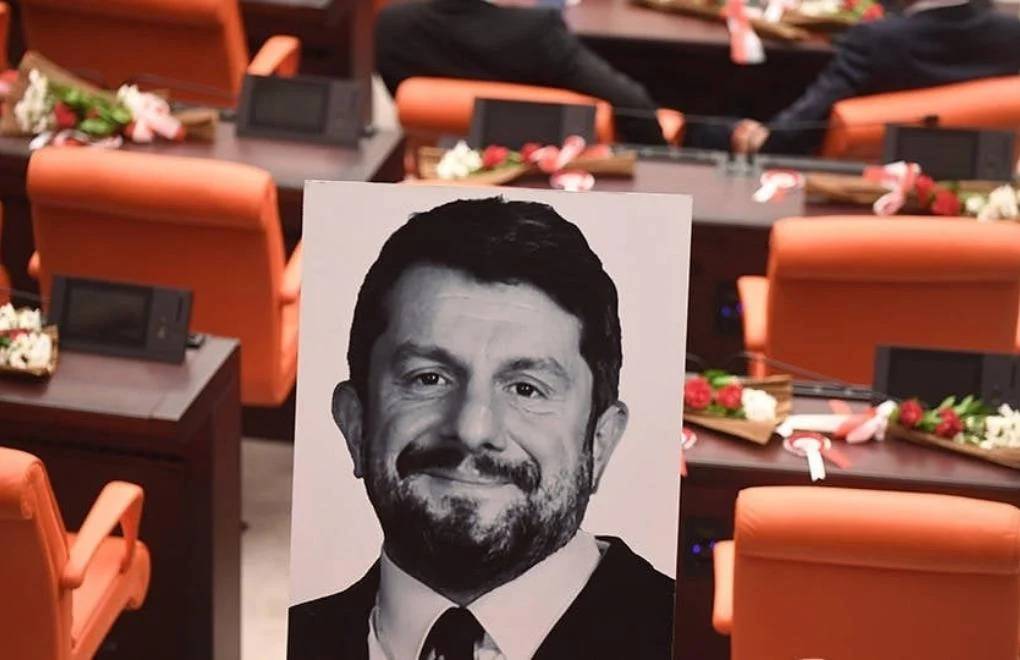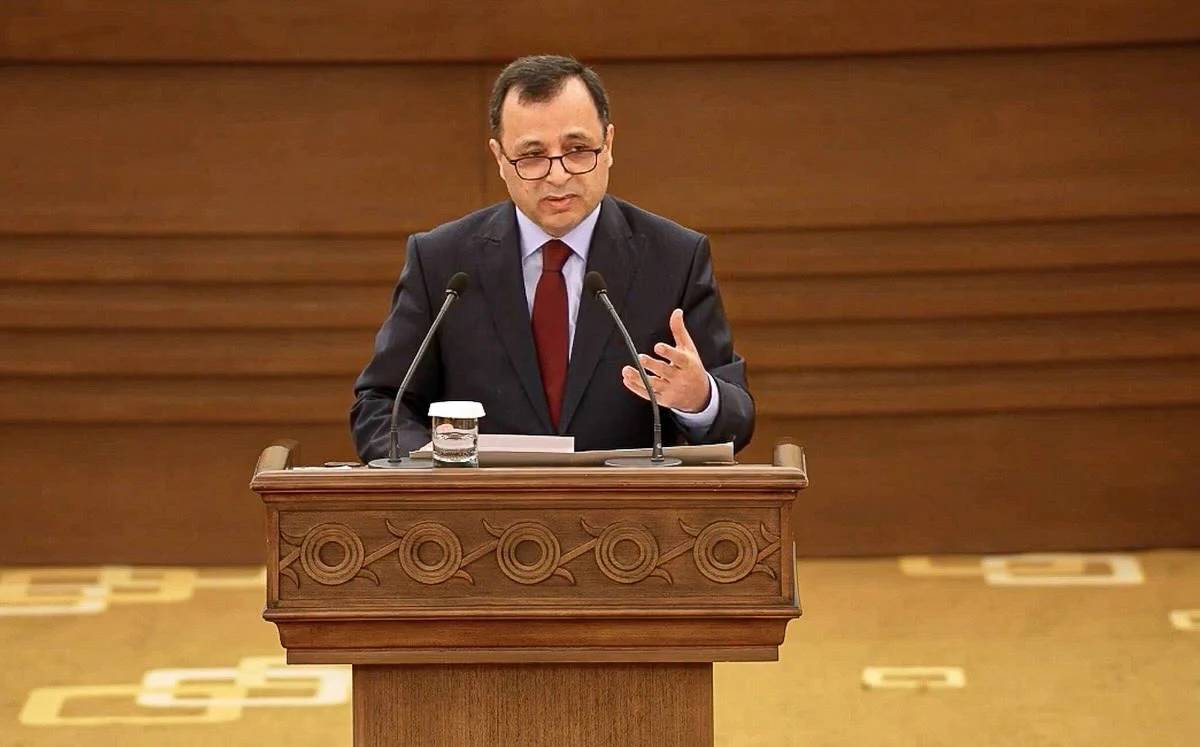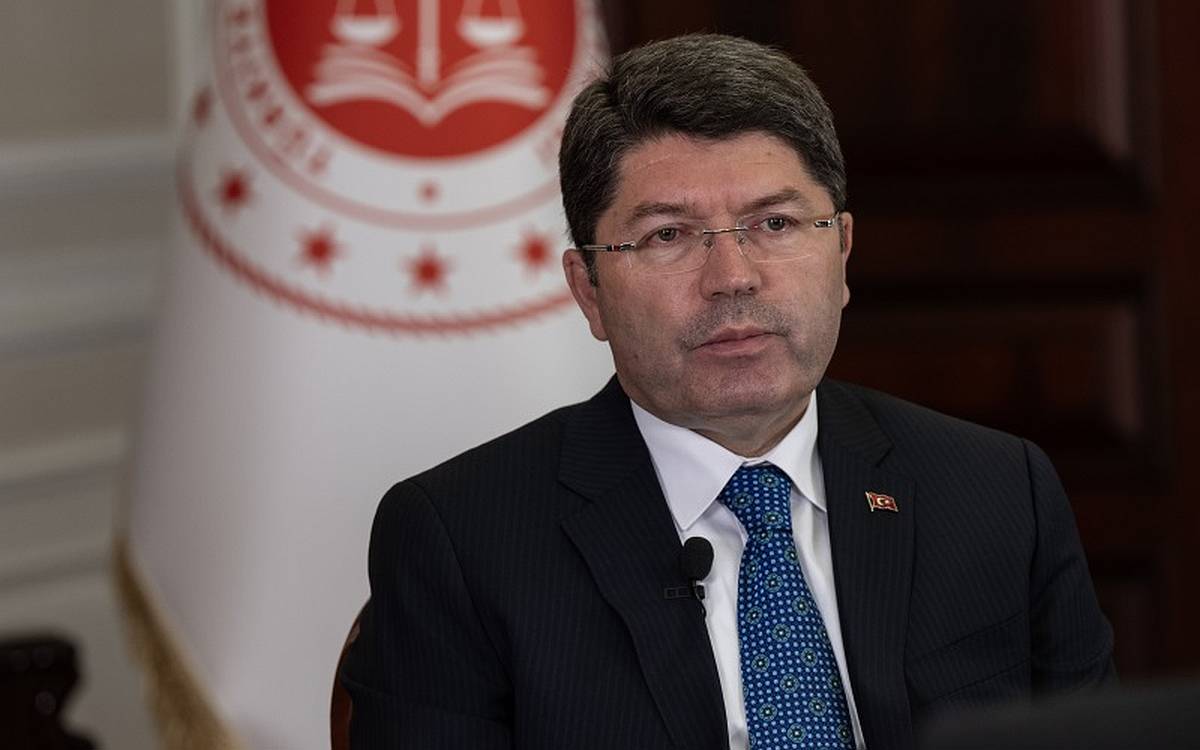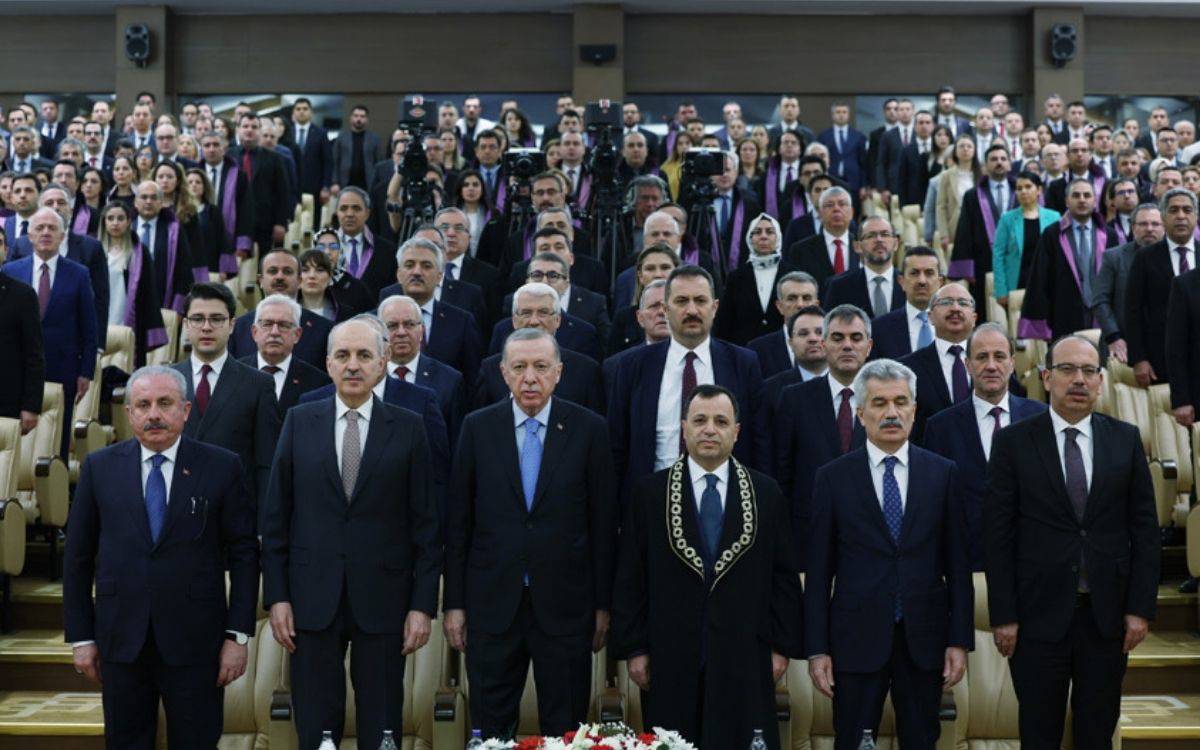Constitutional Court (AYM) President Zühtü Arslan, whose term will end on April 24, attended a panel at Koç University yesterday (February 25).
During the panel titled "Constitutional Interpretation," Arslan, addressing the case of Can Atalay, the Workers' Party of Turkey (TİP) Hatay MP who was not released from prison after being elected a deputy, sent a message to the Court of Cassation that did not implement two consecutive violation decisions made by the Constitutional Court and and the executive branch.

AYM discusses removal of Atalay's deputyship: 'There is no place for decision-making'
Arslan said, "Of course, both the legislature and administrative and judicial authorities interpret constitutional provisions within the scope of their duties. However, when the norms and public power transactions resulting from these interpretations are subject to constitutional review, the authority to interpret the Constitution as final and binding belongs to the Constitutional Court."
Journalist Alican Uludağ shared Arslan's speech on his social media account.
According to Uludağ's post, Arslan said the following in his speech:
Of course, both the legislature and administrative and judicial authorities interpret constitutional provisions within the scope of their duties. However, when the norms and public power transactions resulting from these interpretations are subject to constitutional review, the authority to interpret the Constitution as final and binding belongs to the Constitutional Court. Otherwise, a situation will arise where everyone and every institution claims that their own interpretation is 'valid.' A constitutional state accepts diversity of interpretation but does not allow interpretation to lead to chaos.
Today, perhaps the most important test in constitutional jurisprudence is the preservation and continuation of rights-based interpretation in the face of global and local authoritarian waves. I believe that in our country, the future of constitutional interpretation will be determined by the determination of interpretive communities to maintain a rights-based approach in the face of these adverse waves."
(RT/PE)








